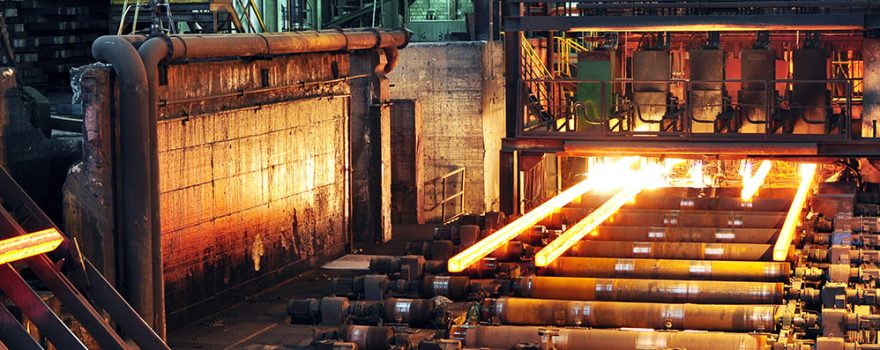
UK–US Trade Deal: What the Removal of Steel Tariffs Means for British Industry
In a significant step forward for UK–US trade relations, the United States has officially scrapped the 25% tariff on British steel exports that was originally imposed under former President Donald Trump in 2018. This welcome development marks a new era for the British steel industry and presents fresh opportunities for UK manufacturers, stockholders, and exporters.
A Long-Awaited Breakthrough
The steel tariffs were introduced as part of a wider US strategy to protect its domestic metal industries under Section 232 of the Trade Expansion Act. The move strained international trade relationships and placed significant pressure on UK steel producers, who faced reduced competitiveness in one of the world’s largest markets.
For years, British industry leaders and government officials lobbied for the removal of the tariffs, arguing that the UK posed no threat to US national security and that penalising a longstanding ally was unjustified. The breakthrough finally came after a series of high-level negotiations, with the US agreeing to remove the blanket 25% tariff in favour of a quota-based system for British steel exports.
What Has Changed?
Under the new agreement, the UK will be allowed to export a defined volume of steel to the US tariff-free. This quota system replaces the punitive tariffs and brings the UK in line with deals the US had previously struck with the EU and Japan. It’s worth noting that any steel exports exceeding the agreed quota will still be subject to tariffs, but the arrangement is a marked improvement and a clear win for British steelmakers.
In return, the UK has agreed to suspend retaliatory tariffs on key American goods such as bourbon and motorcycles—measures that were put in place in response to the original steel levies.
A Boost for UK Steel Stockholders and Exporters
The lifting of the 25% tariff is expected to revitalise transatlantic steel trade and open up new commercial pathways for UK companies. For British stockholders and mills, this means a more level playing field and the ability to compete more effectively on price and volume in the US market.
Exporters can now plan ahead with greater confidence, knowing that the costs and red tape associated with US-bound shipments have been reduced. This may also lead to increased investment in domestic production and greater confidence in long-term order fulfilment.
The Importance of Certified and Ethical Steel
The deal comes at a time when there is increasing scrutiny over the origin and quality of steel products. UK firms that maintain British Standards (BS) certification, avoid Russian steel, and prioritise ethical sourcing are likely to be at an advantage when supplying discerning US buyers. This aligns well with the growing demand for transparent, traceable, and responsibly produced materials—particularly in industries such as automotive, aerospace, and construction.
Wider Implications for UK Manufacturing
Beyond the steel sector, removal of steel tariffs has symbolic importance. It demonstrates that the UK can negotiate favourable bilateral trade arrangements post-Brexit and that British manufacturing still holds global relevance. It also sets a positive precedent for future deals involving other high-value sectors such as automotive, aerospace, and technology.
Furthermore, for businesses operating in and around manufacturing hubs like the West Midlands, South Yorkshire, and Teesside, the deal may offer new routes to growth and employment, reinforcing the value of keeping production local while thinking globally.
Final Thoughts
The scrapping of the 25% steel tariff is a turning point that brings relief, optimism, and opportunity for the UK steel industry. While challenges remain—such as energy costs, labour shortages, and environmental pressures—this deal helps to clear a major roadblock on the path to global competitiveness. Midland Bright Steels.


